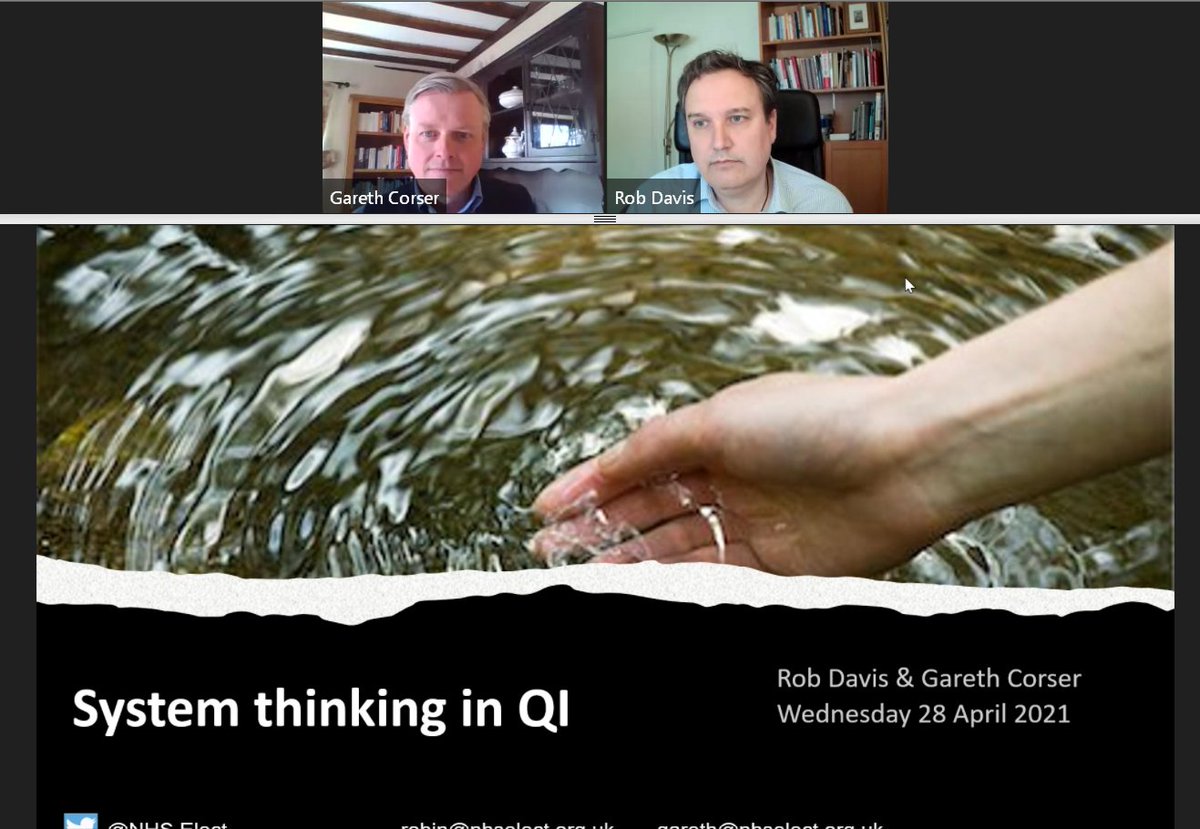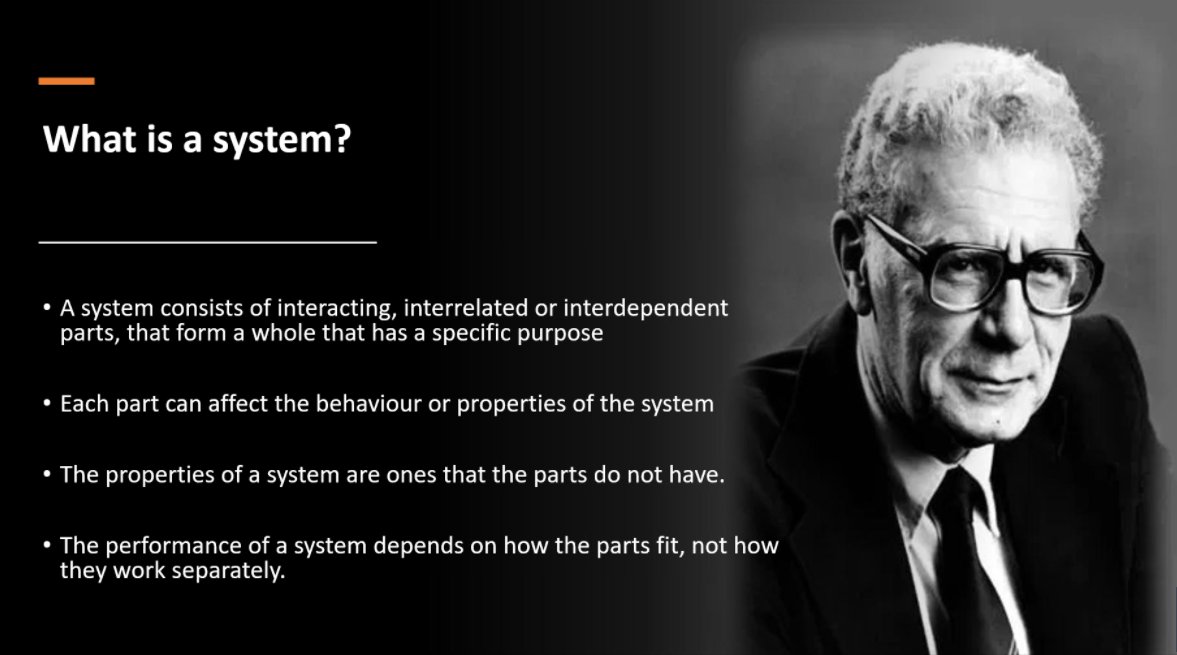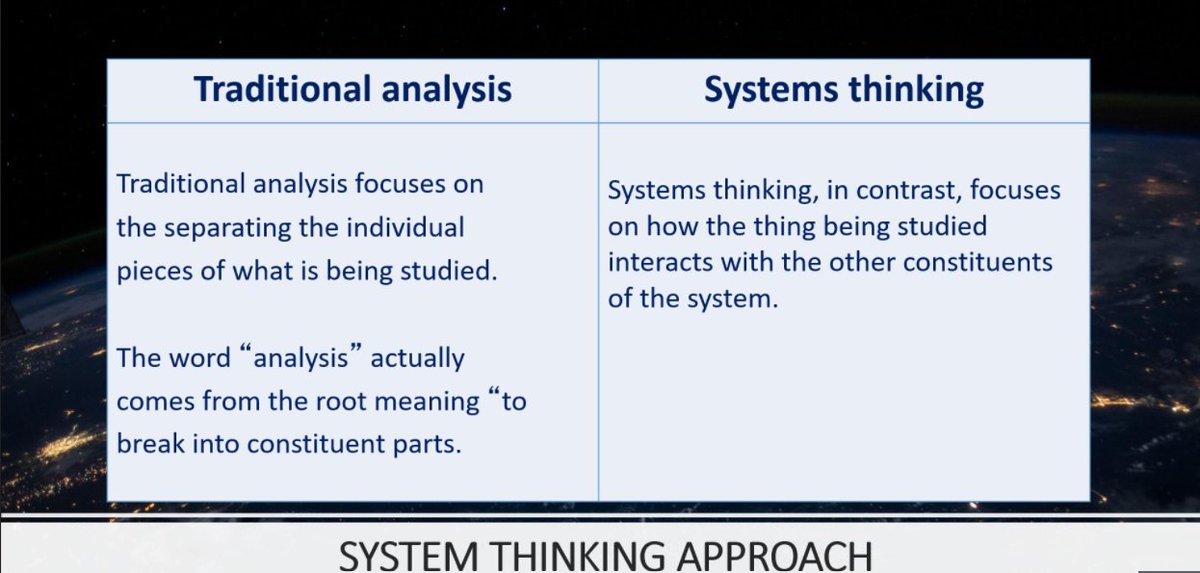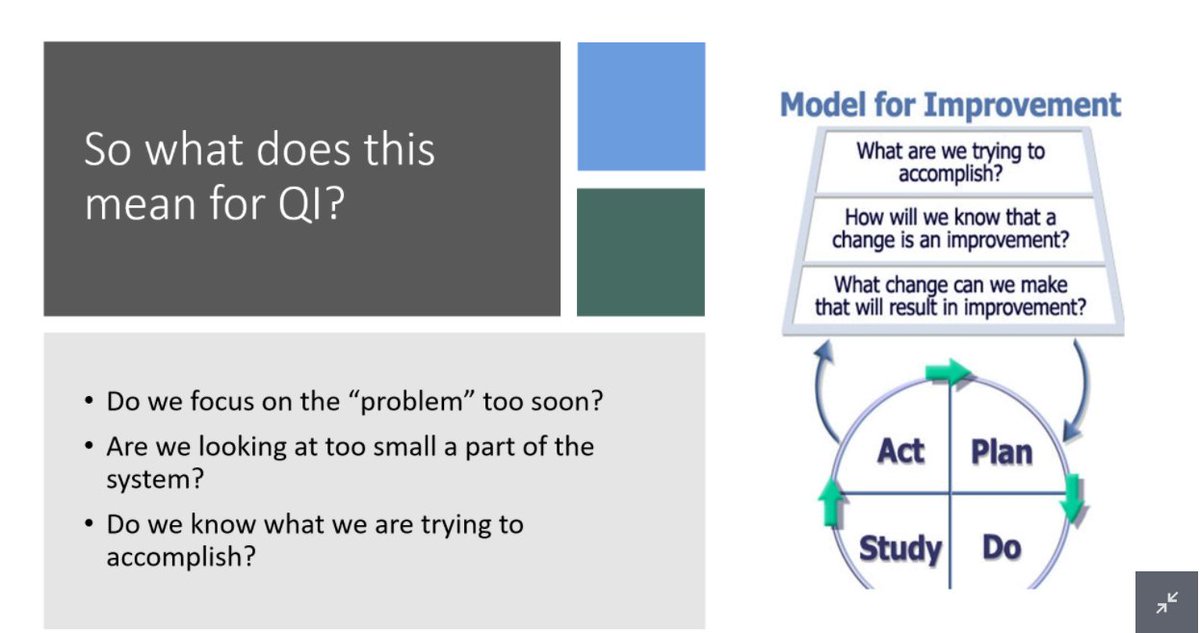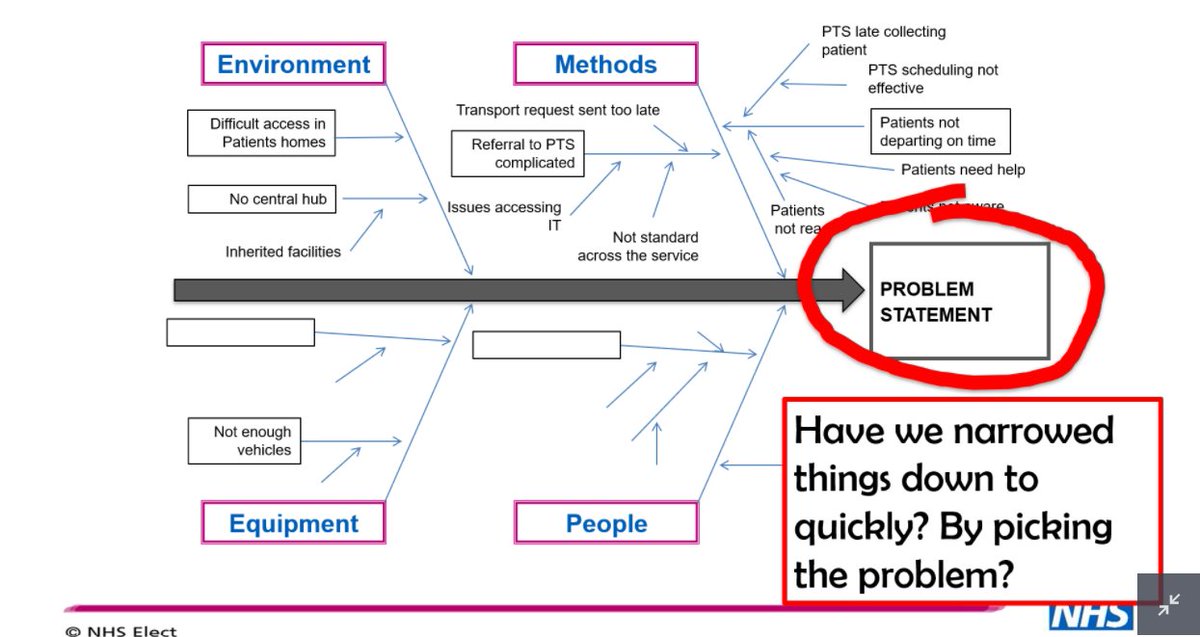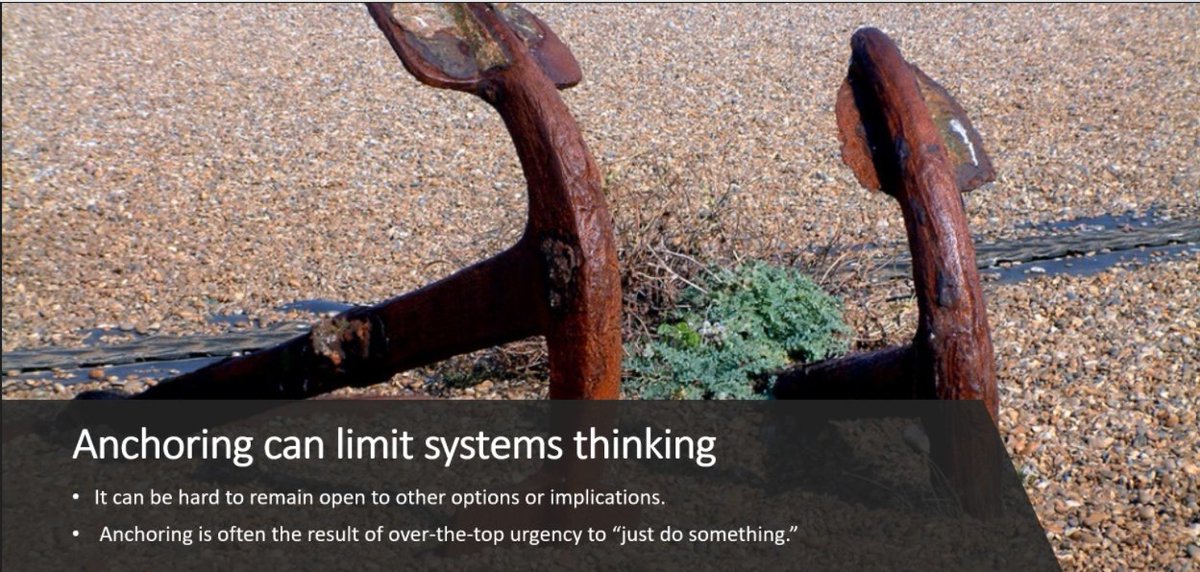
Looking forward to joining this virtual workshop today with @ALPHAcademy at @BangorUni
"Healthy behaviours in individuals & systems: what drives behaviour and how can we harness it?"
Tweets will appear below as a 🧵
#QITwitter
"Healthy behaviours in individuals & systems: what drives behaviour and how can we harness it?"
Tweets will appear below as a 🧵
#QITwitter

@ALPHAcademy @BangorUni Prof John Parkinson introduces the outcomes of today's workshop! So pleased to be attending today!
#ALPHAcademy #ILAWorkshop
#ALPHAcademy #ILAWorkshop

When we diagnose the problem in Improvement.....how often do we consider the behaviours needed for the change to succeed and how to influence them? How often do we walk in the shoes of those involved in making the change happen?
#QITwitter #ALPHAcademy #ILAWorkshop
#QITwitter #ALPHAcademy #ILAWorkshop

John says there are more than one system in relation to behaviour change: Reason, Conscience, Automatic.
We think we make decisions and behave in a certain way based on reflection, planning & problem solving (system 2) but often we make quick decisions based on system 1

We think we make decisions and behave in a certain way based on reflection, planning & problem solving (system 2) but often we make quick decisions based on system 1


When might we use each system? We might use them for different scenarios. Listed are some of the advantages and disadvantages of each system.
#QITwitter #ALPHAcademy #ILAWorkshop
#QITwitter #ALPHAcademy #ILAWorkshop

A group whiteboard session has generated some thoughts on some of the things that influence behaviour
#BehaviourChangeILA #QITwitter
#BehaviourChangeILA #QITwitter

I'm simultaneously taking part in a @FutureLearn course on an Introduction to Organisational Behaviour (OB). I'm beginning to wonder if our improvement diagrams should include behaviour as a primary driver. Just mocked this up based on the OB course
#QITwitter #BehaviourChangeILA
#QITwitter #BehaviourChangeILA

John is introducing us to the COM-B tool, which asks us to consider capability for behaviour change, motivation for behaviour change and opportunity for behaviour change
#QITwitter #BehaviourChangeILA
#QITwitter #BehaviourChangeILA

Interesting comment from John around risk perception and how risk perception may differ within a group!
#BehaviourChangeILA #QITwitter
#BehaviourChangeILA #QITwitter
Prof Carl Hughes is now introducing us to the EAST Framework which I've come across before but not explored further.
4 simple ways to apply behavioural insights
You can download it for free here: bi.team/publications/e…
#QITwitter #BehaviourChangeILA
4 simple ways to apply behavioural insights
You can download it for free here: bi.team/publications/e…
#QITwitter #BehaviourChangeILA
Carl is providing some examples of application of this framework - impact on behaviour change via really simple changes....
Have you used this framework well in improvement❓
#QITwitter #BehaviourChangeILA



Have you used this framework well in improvement❓
#QITwitter #BehaviourChangeILA




Now listening to Dr Rosemary Smith, talking about how we can bridge the gap between intention & action. What blockers and enablers are there? And how do we overcome them?
#QITwitter #BehaviourChangeILA
#QITwitter #BehaviourChangeILA

"By balancing the needs of individuals & the group & building relationships with other teams, we shape the culture"
#QITwitter #BehaviourChangeILA
#QITwitter #BehaviourChangeILA

Core design principles for polycentric governance.
Shared purpose right at the top!
#QITwitter #BehaviourChangeILA
Shared purpose right at the top!
#QITwitter #BehaviourChangeILA

Where 0 is at the centre and 10 is at the outside, think about a team you are part of - how do you rate currently? Could you use this tool to facilitate a session with a group you're working with?
#QITwitter #BehaviourChangeILA
#QITwitter #BehaviourChangeILA

Recognising the need for agency and new power in behaviour (culture) change
Interested in learning more about power? I recommend Jeremy Heimans and Henry Timms book "New Power"
#QITwitter #BehaviourChangeILA
Interested in learning more about power? I recommend Jeremy Heimans and Henry Timms book "New Power"
#QITwitter #BehaviourChangeILA

This diagram shows how you can link changing behaviour (culture) within a system to the COM-B tool.
#QITwitter #BehaviourChangeILA
#QITwitter #BehaviourChangeILA

@threadreaderapp unroll
• • •
Missing some Tweet in this thread? You can try to
force a refresh













